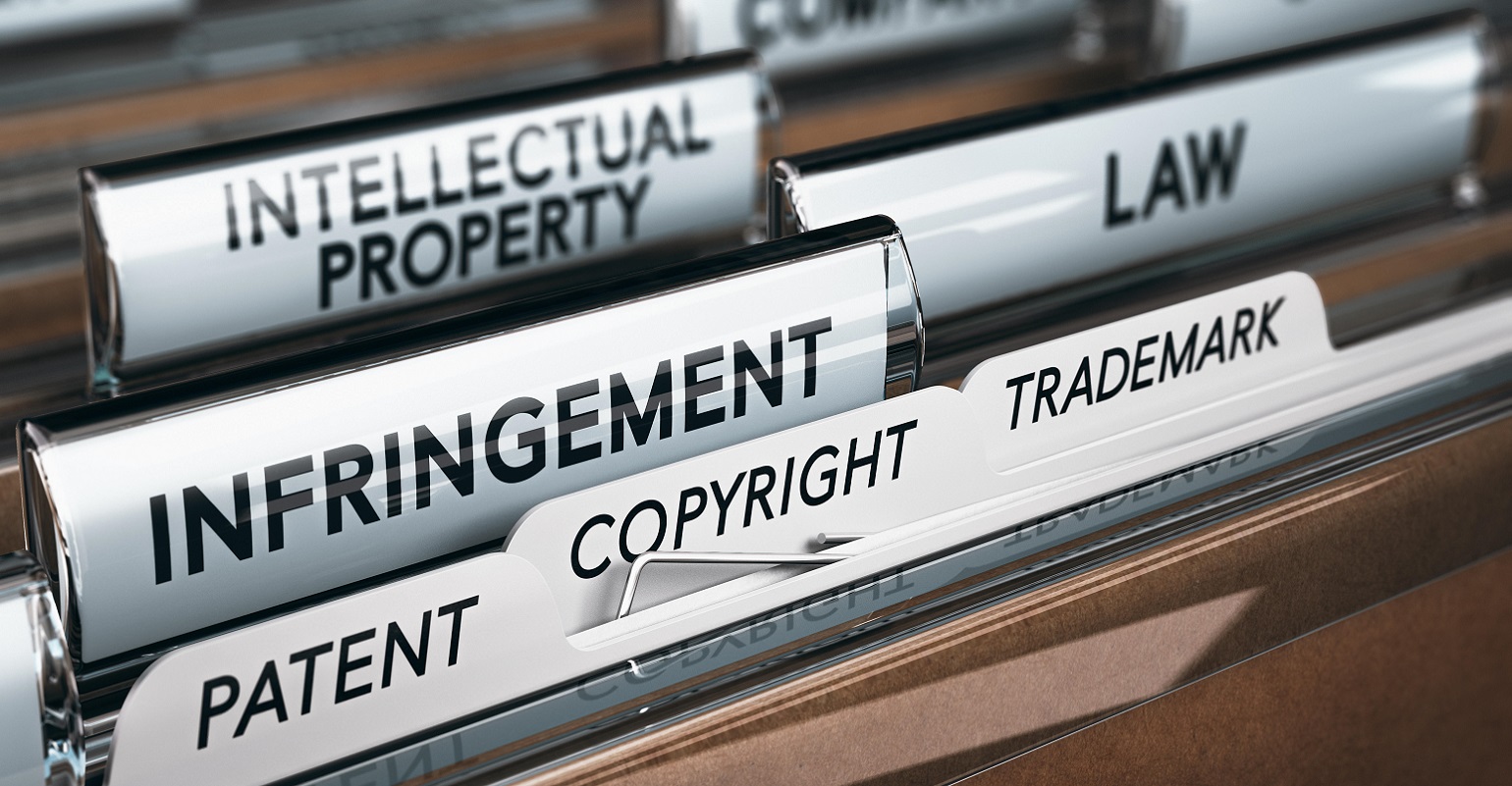How ChatGPT challenges current intellectual property laws
New AI technologies may infringe on others’ copyrights by being deemed infringing derivatives of a copyrighted source they used to generate their output.

Being creative has its perks, one of which is the privilege afforded by intellectual property laws to stop others from copying your idea or other creative output of your mind.
But what if that mind was a robot and it, not you, did the creating? What then?
IP is an intangible product of human intellect. IP law protects such intangible assets, including inventions, logos, literary works, and other expressions of human creativity, from unauthorized use by others.
Although Artificial Intelligence has six major branches, in short, it enables machines the ability to simulate human cognitive capacity and behavior. It is a rapidly growing field with fascinating ramifications for our future lives, with one of its most famous recent products being the ChatGPT AI language model that exploded in popularity after its launch two months ago.
Although these new technologies, such as ChatGPT, have incredible potential to change our lives for the better, they also raise interesting new legal questions. Here, are a handful of interesting legal issues, focusing most on the intersection of AI with IP laws.
Who owns the product from a ChatGPT search? Does ChatGPT infringe on others’ copyrights by scouring the internet and taking information from copyrighted sources to generate its own prose? If so, would a ChatGPT end user be contributorily liable for copyright infringement?
Is ChatGPT biased and discriminatory in what information it decides to use before it creates? Does ChatGPT adhere to data protection laws? Where would liability lines be drawn when ChatGPT is used to spread misinformation? These questions raise interesting legal issues.
Copyright laws enable human authors who create “original works of authorship” in a fixed tangible form, to protect their creativity from unauthorized use. It also enables a copyright holder to stop others from producing derivative works based on the copyrighted work.
As such, when ChatGPT or other AI large language models “create” a work using others’ works as the initial foundation, would the law consider it an “original work of authorship” by a human or an infringing “derivative” work? Foremost, because AI is not a human, irrespective of its creativity, for the near future, AI is unlikely to be considered an author.
Similar to the case when a monkey took a selfie. As such, one can copy any ChatGPT output and likely be certain that the company that owns ChatGPT will not sue for copyright infringement.
Yet, these new AI technologies may infringe on others’ copyrights by being deemed infringing derivatives of a copyrighted source they used to generate their output. Murkier is the situation when an author uses ChatGPT or similar software to generate a template and then changes that template.
Would this partial human, partial machine-generated creative output be copyrightable? This remains to be seen and will likely depend on the level of human involvement, albeit the creativity requirement in copyright law is generally easy to meet.
Patent laws also face a challenge from AI. Groundbreaking new technologies have challenged the system before, testing whether genetic sequences, living organisms made by humans, and computer programs for financial-trading systems, were inventions at all.
However, AI-generated inventions challenge patent law in new ways because the issue shifts from recent Supreme Court cases that addressed “what the invention is” to now be “who did the inventing.” AI is not considered human and therefore that has been the primary hurdle at present to obtaining a patent, based on an interesting invention seeking patent protection that was solely “invented” by AI.
This stance may change in the future and, if it does, then AI could become prolific inventors, given the amount of instantly accessible knowledge the platform has compared to a human mind. This prolificity of AI could upset the balance of the patent system.
A final interesting note about patent law is that nearly all patent laws worldwide require the ideas seeking registration to be “non-obvious” to a person of ordinary skill. If AI, with its tremendous knowledge, is included alongside humans, then this would significantly raise the bar for obtaining a patent by making most ideas obvious.
This could also challenge the patent office’s credibility, as AI-generated patent applications undergo examination by a human who inevitably is orders of magnitude less knowledgeable in a given field than the AI.
Other legal issues include the potential for ChatGPT to generate offensive content, much akin to offensive human output. The difference is that the language model, unlike a human, will not appreciate the implications of its words. It could therefore use fake news or other misleading content to generate misinformation and its own defamatory content and thereby potentially exposing those who use it for such purposes to legal action.
Given its datasets, it could also discriminate and be biased, which itself raises legal issues because of such discriminatory behavior or output. Moreover, these new large language models can share personal data with their users, which likely violates the vast majority of data protection laws.
Disruptive technologies raise interesting new legal questions, and the rapid widespread adoption of new AI-based technologies such as ChatGPT highlights the need for law in general, and IP law in particular, to play catch up.


